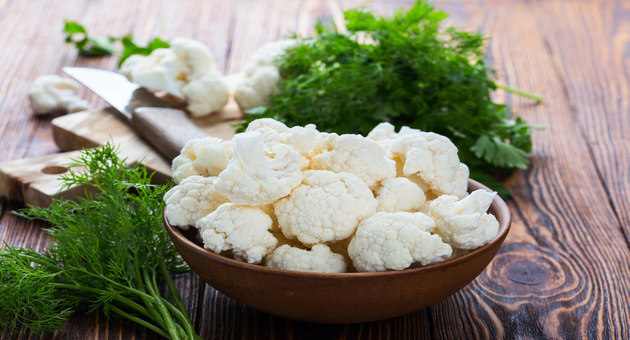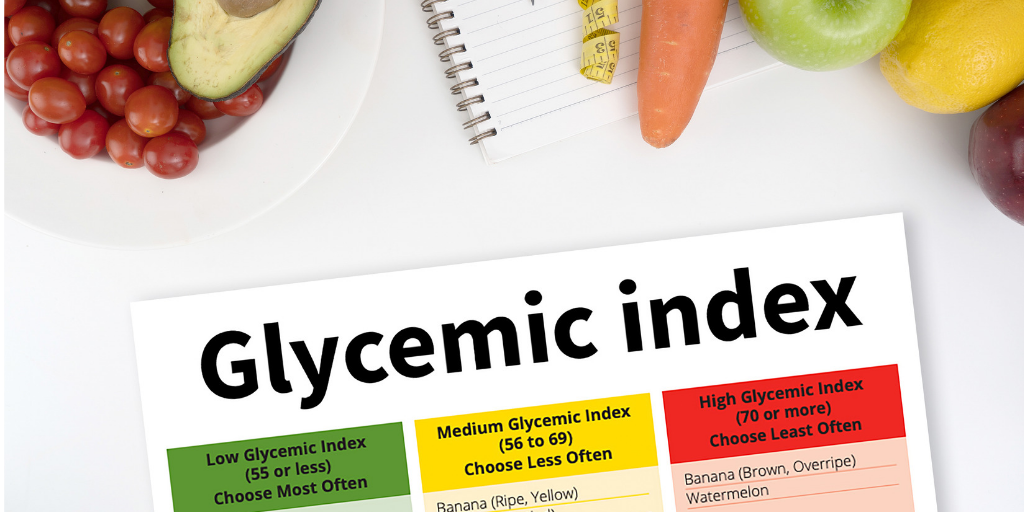Yes, you should be using your protein shakes on rest days. Of course, it might not be necessary if the rest of your diet is in order. It could be the case that you’re already reaching your protein requirements without a shake. In this case, you don’t need one.

The protein shake might be most famous for post-workouts, but it’s not just a single-use supplement.
Today we’re talking about using a protein shake on ‘off days’ or rest days. Should you drink protein shakes on rest days? How much protein on rest days? Why is protein important?
We’re going to answer all these questions and more. You’ll know everything you need to make the absolute best of your rest days and improve your recovery/results.
The Role of a Protein Shake
/protein-shake_crop-55b2725fa5864526a41c693a26a21ecd.jpg)
What’s the point of protein – whether you’re training or not? It’s an ingredient that makes up the building blocks of key issues. Your muscles and tendons are both made up of protein, so you already know that they’re going to need supporting from diet.
The use of these tissues is a damaging influence, as well as one towards growth. It’s the combination of stress and adequate recovery that causes muscles to grow bigger and stronger. Protein is the key nutrient in recovery, where it provides the raw materials for repairing these tissues – or building more.
It’s also the only nutrient that is really essential. Almost anything else can be synthesized in the body, whereas proteins must be found in the diet. They’re also proportional to the amount and intensity of exercise you do.
The science is clear: a high-protein diet is ideal to support better performance. It’s also tied to things like metabolic/digestive wellbeing, as well as reducing muscular soreness, and improving overall wellbeing.
The solution is clear: your diet needs to prioritize protein and support your specific exercise goals.
Why Dietary Protein Intake is Key for Muscle
The role of protein and recovery and growth is a two-fold process. First, you need to get enough of it or you’re going to be left behind. Equally, you need to be getting the right kinds of proteins – and something as simple as the timing.
The protein intake on a workout day is already something you could be focusing on. It’s a common thing to get a protein shake after your training session, and this is because it’s a rapidly-absorbing form of protein.
The reason you’d use it here is that it’s close to the event, and this means that you can kickstart recovery. It’s a nutritional supplement that starts your body towards recovery and growth immediately. This means better recovery between sessions, performance in sessions, and muscular responses to it.
The amino acids in protein – like Leucine – are also key for signaling. Your body has pathways for muscle growth that rely on a certain chemical environment, and Leucine is a key player for producing new muscle proteins.
In this way, dietary protein is a direct benefit to your muscle growth, but also provides the best environment. It’s clearly earned its spot as the most common and well-regarded dietary supplement!
Your Recovery Takes Longer Than You Think!
There’s no reason to reduce your protein intake on rest days. The recovery from exercise is not limited to the same calendar day. It’s a process that can take several days, which is why protein intake needs to remain high every day.
While something like carbohydrate intake is more closely tied to your daily workout volume, protein intake needs to remain relatively stable. If you’re trying to get the best results, you should focus on consistently high protein intake.
Your protein intake on Tuesday is often a key factor in the results you get from your Monday training session. If you’re not recovering adequately over the days following a workout. If you don’t take nutrition seriously every day, you’re only going to get some of the results you’ve trained for.
Supercompensating – the process of getting bigger or stronger – takes a fair while. It’s not a rapid process, so your allowances for it have to take a long-term approach. Equally, getting your protein goals every day is just a really good habit to be in!
Getting the Best Rest Day Protein Shake
One of the things you should change between your training days and rest days is the timing – and types – of protein. This is an easy way of getting the best results, and can help you structure your supplementation to aim at your goals.
The first change is to adjust your timings – if you’re not training, you don’t need to have a specific time for your protein intake. It should be spread equally across the day where possible, because amino acid availability ids a key factor in muscular growth and recovery.
Equally, you may wish to switch away from a whey protein. Slower-digesting proteins are more appropriate for your rest days. As mentioned above, the timing isn’t as important, the consistency is what matters on a rest day.
This is something you can support with a casein or Oryzatein (brown rice) protein source. These break down more slowly and provide a more effective, consistent release of protein over time. This is important because studies tell us that the 7-hour protein accretion is more closely linked with muscle gains.
Rest days are better met with a good food schedule and a slower-releasing protein source.
Our Final Thoughts
Protein isn’t all about shakes, and it’s not all about workouts. It’s a key nutrient and it should be in your diet whether you’re training or not – it’s about providing your body with nutrients.
Protein shakes aren’t something separate from food – it’s not a magic muscle fluid. It’s dried milk powder, and protein is just a nutrient. You can and should get plenty of it whatever your day plan looks like.
The goal for protein intake should be to get as much as you can from good quality foods, consistently, and at times that are appropriate. You want protein shakes post-workout, but for rest days it doesn’t matter when.
The point is to get lots, often, and from quality sources. There’s never a bad time to make your diet more nutrient-rich, so don’t be afraid to take protein shakes on rest days – that’s when your body is doing the work of recovery.


